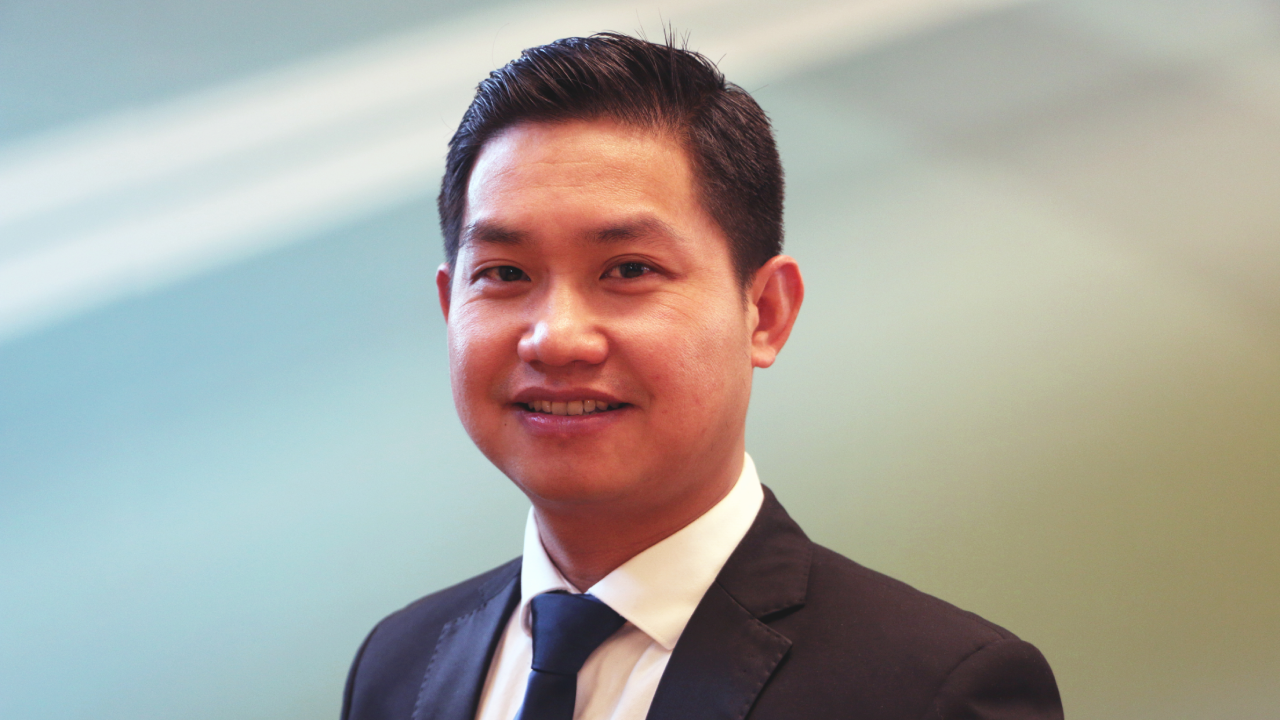
Postdoc Profile: Tho V. Le, Ph.D., Institute of Transportation Studies
As a five-year-old, Tho V. Le watched a black-and-white movie and asked his mom: “Why is nobody in our community a singer or actor?” But as soon as he started school, Le fell in love with numbers, computers and science. He no longer wanted to become a singer or actor.
Le grew up in a suburb of Hanoi. When he wanted to go downtown, he had to ask people for the shortest path; this was before Google Maps. Even worse, he got stuck in traffic frequently because so many people traveled from the suburbs and neighboring provinces to downtown Hanoi for jobs, going to college or to the hospital. This motivated Le to think about what he could do to improve transportation for passengers and freight. He decided to major in transportation engineering.
Three countries, three educational experiences
Le got his bachelor’s degree in transportation engineering from the University of Transport and Communications, Vietnam, his master’s degree in transportation engineering from Hiroshima University and his Ph.D. in civil engineering and a master’s degree in industrial engineering from Purdue University. Although he attended these universities at different stages of his studies, he saw differences in the hierarchy of these different environments.
“In Asia, more specifically in Vietnam and Japan, many students are passive learners and professors try to transfer their knowledge mainly through lectures. Students are less likely to discuss or interact with lecturers or professors compared with students in the U.S.”
The big, wide world
After college, Le worked as an automotive designer for a Japanese company in Vietnam Before arriving at Purdue, Le had visited many countries for training programs and internships, including Sweden, China, Indonesia, Denmark and Malaysia.
“When I came to study in the U.S., either at Purdue or UC Davis, I felt comfortable because these places are very diverse with people from all walks of life. We all do research and contribute to pieces of a big picture. That’s why I feel connected and integrated,” Le said.
The future of transportation
Le has worked on several transportation-related topics including travel behavior, freight transport and logistics, traffic safety, demand modeling and network modeling. Currently, he is working at the UC Davis Institute of Transportation Studies on the adoption and impacts of connected and automated vehicles and future mobility.
“The world changes so fast,” Le said. “But in the next 25 years, there will be more connected and automated vehicles (CAVs) on the roads, even though there will still be human control vehicles out there. People may bike and walk more and are less likely to own vehicles. And for sure, there will be more green fuel used in vehicles and more electric vehicles.”
Le says he is optimistic CAVs will dramatically increase traffic safety, noting about 90 percent of traffic accidents are caused by human errors. He doesn’t think human errors can be totally eliminated by CAVs, but is hopeful that most errors can be prevented.
In his view, vehicle automation will lead to fewer traffic accidents caused by human errors, as CAVs will be designed to safely transport people from location to location.
